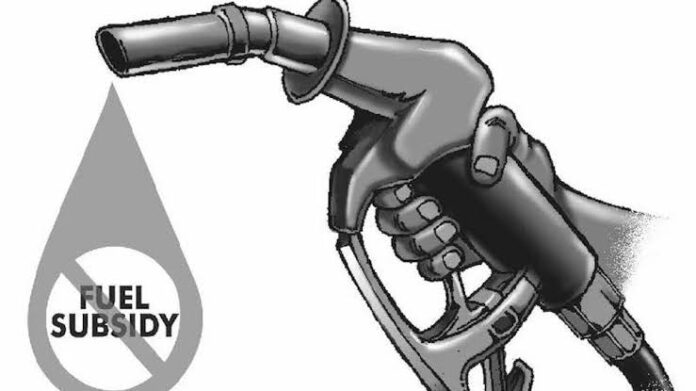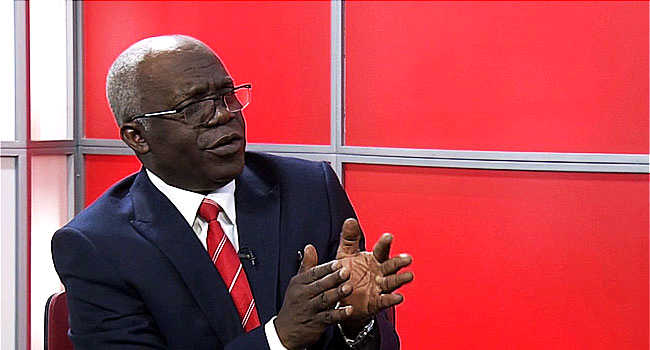Federal Government Faces Potential N1.68tn Fuel Subsidy Bill as Petrol Price Nears N900/Litre.
As the price of Premium Motor Spirit (PMS), commonly known as petrol, approaches the N900 per litre mark, data provided by oil marketers and industry insiders suggest that the Federal Government of Nigeria may be on track to spend a substantial sum of N1.68 trillion as a fuel subsidy between September and December this year.
Read Also Breaking: Bandits Abduct Many Students at Federal University Gusau
PMS dealers have indicated that the current pump price of petrol, which varies between N598 and N617 per litre depending on the location of purchase, raises suspicions that the commodity is being subsidized by the Federal Government. This suspicion arises due to the fall of the Naira against the United States dollar and the surge in crude oil prices on the international market.
Despite the lack of an official announcement regarding the reintroduction of fuel subsidy by the government, oil marketers insist that it is the only viable explanation for maintaining the current petrol price in the face of unfavorable economic conditions.
Operators in the downstream oil sector have attributed over 80 percent of the cost of PMS to the price of crude oil and the exchange rate of the Naira against the US dollar. Brent crude, the global benchmark for oil, surged to approximately $95 per barrel, the highest figure in 2023. This, coupled with the Naira’s decline, has intensified pressure on the cost of PMS.
While the Naira’s official exchange rate remains relatively stable, the parallel market has seen the Naira exchanging at an alarming rate of N980 to the US dollar, further affecting the cost dynamics of imported fuel.
Oil marketers argue that with the current exchange rate and international crude oil prices, the retail price of PMS should ideally be between N890 and N900 per litre. They emphasize that this subsidy is crucial to assist the masses, as comparative prices for petrol in other countries far exceed what is observed in Nigeria.
Although some level of deregulation was previously implemented, leading to a significant increase in the pump price of petrol, it appears that the government is considering the re-implementation of fuel subsidies to ease the financial burden on consumers.
Official statements regarding the reintroduction of subsidies are awaited, but industry experts and analysts assert that it is essential for the government to provide clear and transparent communication on its policies and intentions to ensure public trust.
The potential reintroduction of fuel subsidies carries economic implications, and the government’s ability to balance affordability for consumers with the fiscal responsibilities of the state remains a critical challenge. As the government grapples with these challenges, Nigerians anxiously await further developments in the fuel pricing landscape and seek clarity on the nation’s energy policy.










